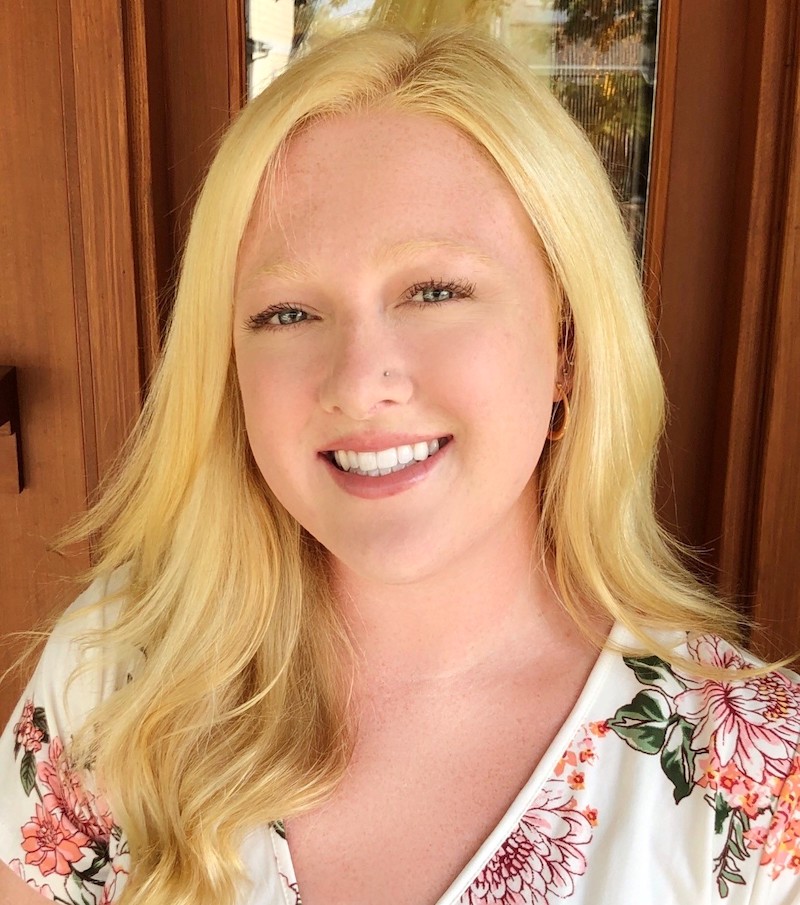Pursuing research for the OTD
February 22, 2019
Student Ambassador Etta interviews Meghan Neureither about her work as an OTD Resident.
Academics and Courses Clinical Research Students
Why did you pick the research track?
I chose the research track because I have always had an interest in research, but was not sure about committing myself to a four-year PhD program. Working in research has been incredible, and allowed me to think on the larger scale, and bigger picture. It is exciting to think that research has the ability to benefit patients beyond those who I may see directly, and the findings can have important outcomes for larger populations! The research track OTD was a happy medium between seeing through my interest in rehabilitation, but also still building my clinical skills since I ultimately hope to work in patient care in a clinical setting.
Which lab are you in, and what projects are you working on?
I am currently the OTD Resident in Dr. Sook-Lei Liew’s Neural Plasticity and Neurorehabilitation Laboratory here on the USC Health Science Campus. As the OTD resident, I provide the clinical and behavioral aspects required for the studies in the lab. I am working on a study called REINVENT; employing novel means of rehabilitation, where the participant controls a healthy body in virtual reality, using their own brain and muscle activity. I am also the point person for the STRONG study, which is a multi-site national study examining how stress and genetics can affect rehabilitation after a stroke. Through the STRONG study, we are working with the incredible clinicians to see patients about 48 hours post-stroke, and follow them for an entire year throughout their recovery.
What is your schedule like?
My schedule really varies! Seeing STRONG patients at Keck can happen at a moment’s notice! So my days look different; it depends when I am seeing STRONG patients, running participants for REINVENT, doing data organization, working on a large-scale scoping review or assisting my lab mates with their various studies!
What has surprised you about this experience?
The biggest surprise for me was just how not tech-savvy I really am. I always fancied myself someone as someone who was fairly good with technology, but after working in the lab with the computer scientists and biomedical engineers I realized just how little I know! But, I have recently learned very basic computer programming in the lab and I am learning to navigate some more complicated programs!
What are you long term goals?
My long-term goal is to work in a hospital, specializing in neurological care. I would like to continue to do research on a smaller scale with my patients. I would also like to get my Physical Agent Modalities advanced practice as well as becoming Neuro-IFRAH certified.
Do you have any advice for students considering (or not yet considering!) the research track?
If you have a burgeoning interest in research . . . go for it! The skills that I am developing in the laboratory are invaluable for my future as a practitioner. I have learned how to administer assessments like the Fugl-Meyer, Action Research Arm Test and National Institute of Health Stroke Scale in a very standardized way! And I am becoming more confident in navigating the literature, and sharpening my critical thinking lens when considering the statistical measures and what the bottom line of an article, or intervention, will mean for my patients.

Meghan Neureither, OTD Resident
⋯
Next by tag Academics and Courses ⟩ Clinical ⟩ Research ⟩ Students ⟩





